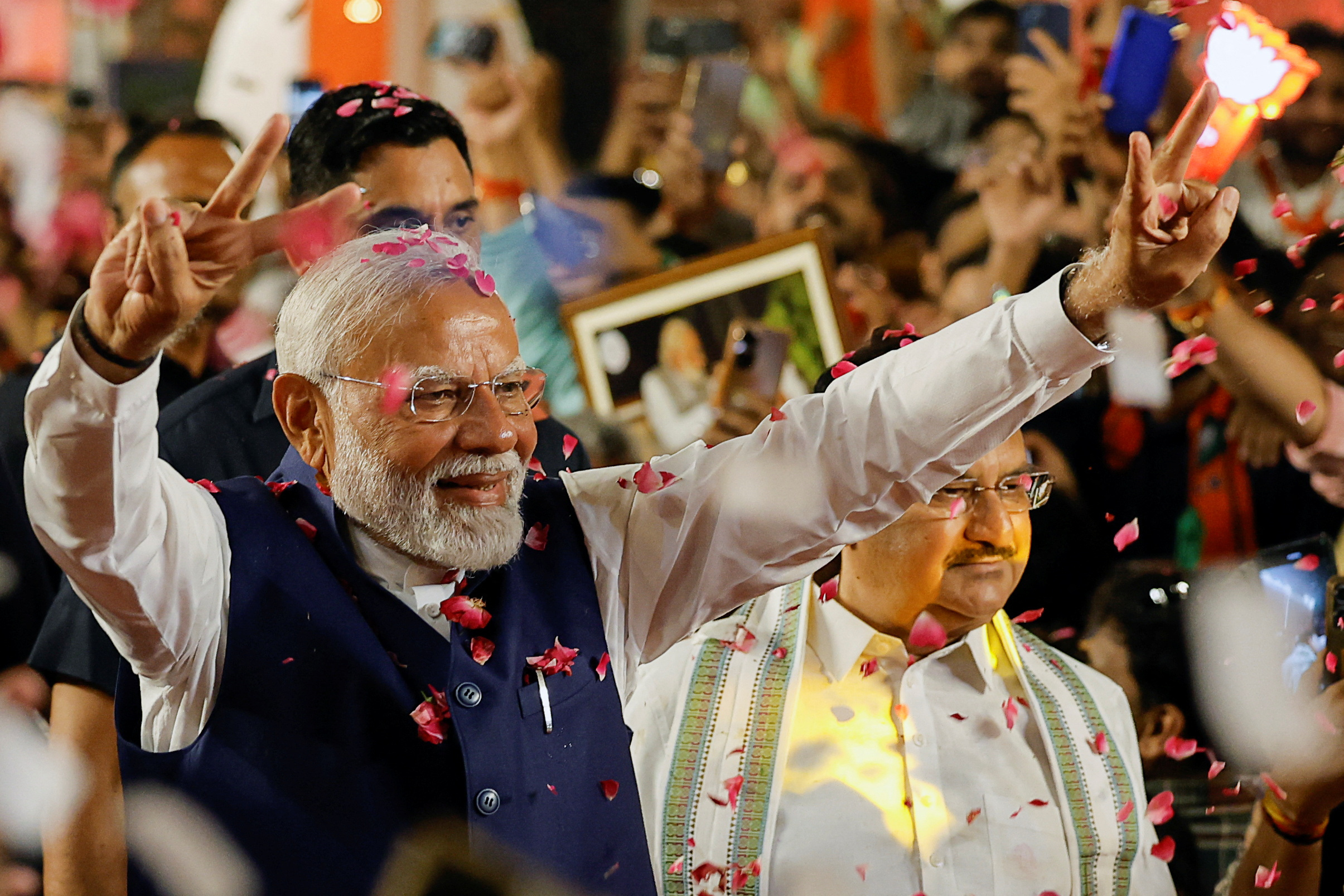Iceland, officially known as the Republic of Iceland, is a country located in the North Atlantic Ocean. It operates as a parliamentary republic. Here is some information about the election system in Iceland:
- Parliamentary Elections: The Alþingi, also known as the Icelandic Parliament, is the country’s legislative body. Members of the Alþingi, known as Members of Parliament (MPs) or “þingmenn,” are elected through a proportional representation system. Iceland uses an open-list proportional representation system where voters can indicate their preference for specific candidates within a party list. The number of seats in the Alþingi is fixed at 63.
- President of Iceland: The President of Iceland is the head of state but holds a largely ceremonial role. The President is elected by direct popular vote and serves as a symbol of national unity. Presidential elections in Iceland occur every four years, and a maximum of two consecutive terms can be served.
- Political Parties: Iceland has a multi-party system, with several political parties participating in elections. The major political parties in Iceland include the Independence Party, the Left-Green Movement, the Progressive Party, the Social Democratic Alliance, and the Pirate Party, among others.
- National Electoral Commission: The National Electoral Commission is responsible for organizing and overseeing elections in Iceland. It ensures the integrity and fairness of the electoral process, manages voter registration, oversees candidate nominations, and oversees the counting and reporting of election results.
- Voter Eligibility: Icelandic citizens who are at least 18 years old have the right to vote in parliamentary and presidential elections. Voter registration is automatic, and citizens must be included in the electoral roll to participate. Eligible voters can cast their ballots at designated polling stations within their respective constituencies.
Iceland is known for its high levels of political participation and engagement, and its election system is designed to ensure proportional representation and democratic principles.



